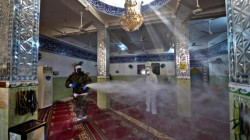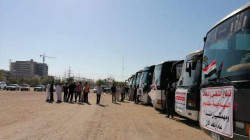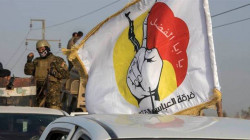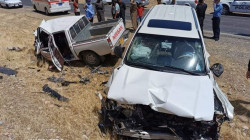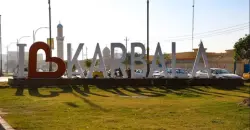The Shadow of the Sanctity Law falls over Karbala's New Year's eve
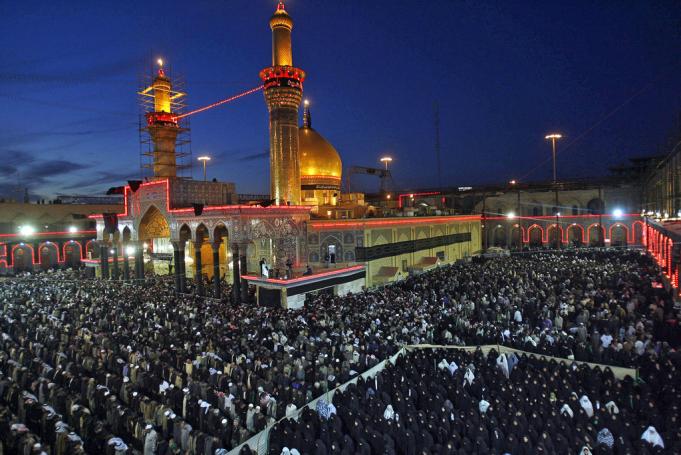
Shafaq News/ As New Year’s Eve draws near, Karbala is once again at the center of heated debates over its controversial "Sanctity Law." The regulation, which bans celebrations, has fueled tensions between those who champion the city's religious traditions and others who criticize the law as an overreach that stifles personal freedoms.
The controversy intensified earlier this year when a restaurant, which had just opened with fanfare featuring music, a red carpet, and social media influencers, was shut down within 24 hours. Authorities declared the closure a necessary enforcement of the “Sanctity of Karbala,” reigniting a debate that has long divided the province.
Sanctity Law in Karbala
Karbala’s Provincial Council proposed the “Sanctity Law” in 2012, enforcing it five years later in 2017 without parliamentary approval. The law criminalizes musical celebrations in both public and private spaces, prohibits "immodest attire," and bars entry to women without headscarves into the city.
At the time, the law faced significant criticism and objections from legal experts for several reasons, chief among them being that it was issued by an entity lacking the constitutional authority to enact legislation. According to Article 61 of the Iraqi Constitution, the sole body authorized to legislate laws is the Parliament.
For a law to be enacted in Iraq, it must go through three stages: drafting by a specialized committee, two readings in Parliament, and finally, a vote of approval. However, what gives this law its strength and effectiveness is the full support it has received from Iraqi tribal leaders and dignitaries in the province.
Provincial Government Bans Festivities
As New Year’s Eve approaches, Karbala authorities double down on preventing any celebrations deemed a violation of the city's sanctity. Violators face legal consequences, according to officials.
Majda Al-Ardawi, head of the Sanctity of Karbala and Religious Affairs Committee within the provincial council, reiterated the law’s religious rationale. “Karbala is sacred. Out of respect for its holy shrines, New Year’s celebrations are forbidden,” she told Shafaq News.
Al-Ardawi emphasized that “true Karbala natives” reject music and dancing, asserting that New Year’s festivities are primarily carried out by visitors from outside the province. She advised those seeking to celebrate to "go elsewhere."
Drawing parallels with Christian customs, she added, “Christians cover their heads when entering churches out of respect for the sanctity of the place. The same principle applies to Karbala.”
Regarding festivities in private establishments, Al-Ardawi vowed to issue warnings to violators and impose penalties, including closures, on venues hosting unauthorized celebrations. She also emphasized that street celebrations contravening the city’s traditions would be strictly prohibited.
Al-Ardawi linked the ban not only to the city’s sanctity but also to ongoing regional tensions. She stated that “current circumstances, especially the loss of resistance leaders like [Hezbollah’s Secretary-General] Sayyid Hassan Nasrallah and others, make celebrations inappropriate for Muslims and Shia in particular.”
City Steeped in Religious Significance
Karbala is not only a cornerstone of Iraq’s religious identity but also a symbol of devotion for millions of Shia Muslims worldwide. The city holds immense historical and spiritual significance as the site of the Battle of Karbala in 680 AD, where Imam Hussein bin Ali, the grandson of the Prophet Muhammad, and his companions were martyred. This event is central to Shia Islamic tradition, embodying themes of sacrifice, justice, and resistance against oppression.
Every year, millions of pilgrims flock to Karbala, particularly during the annual commemoration of Ashura and the Arbaeen pilgrimage, one of the largest religious gatherings in the world. These events see visitors walking solemnly for days, often from neighboring countries, to reach the shrines of Imam Hussein and his brother Abbas.
